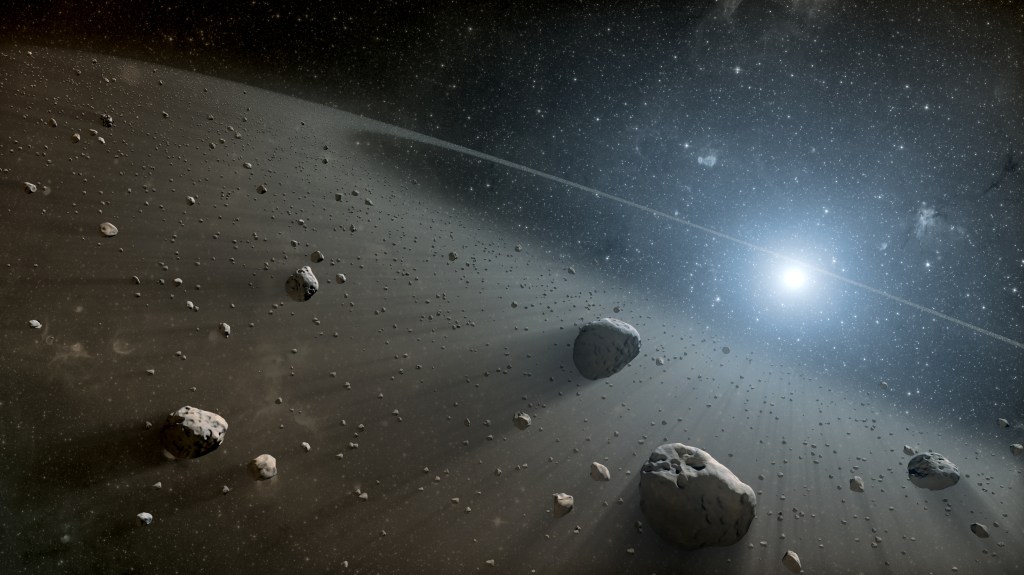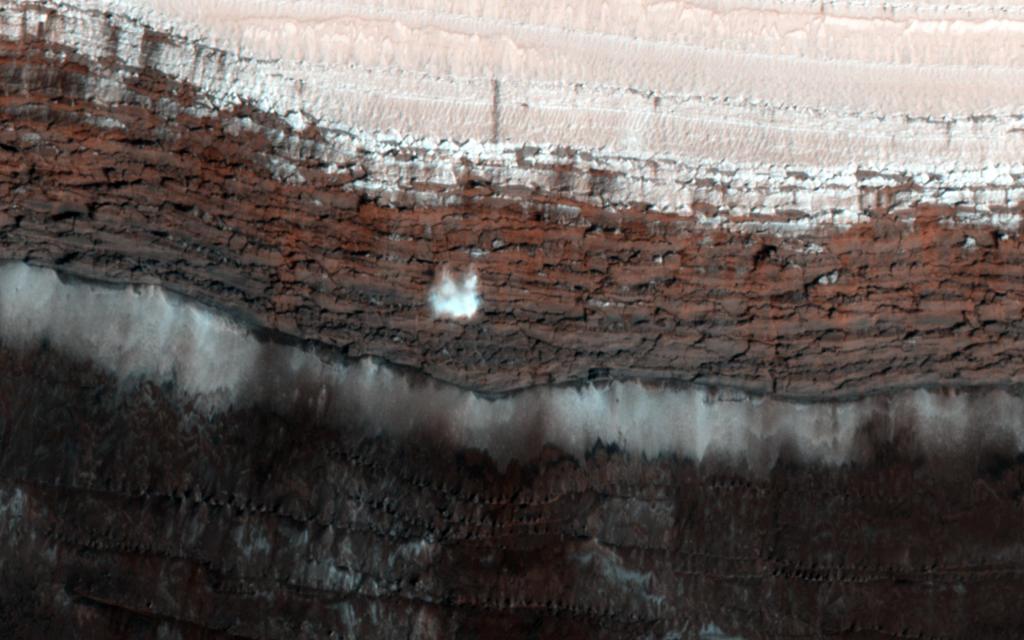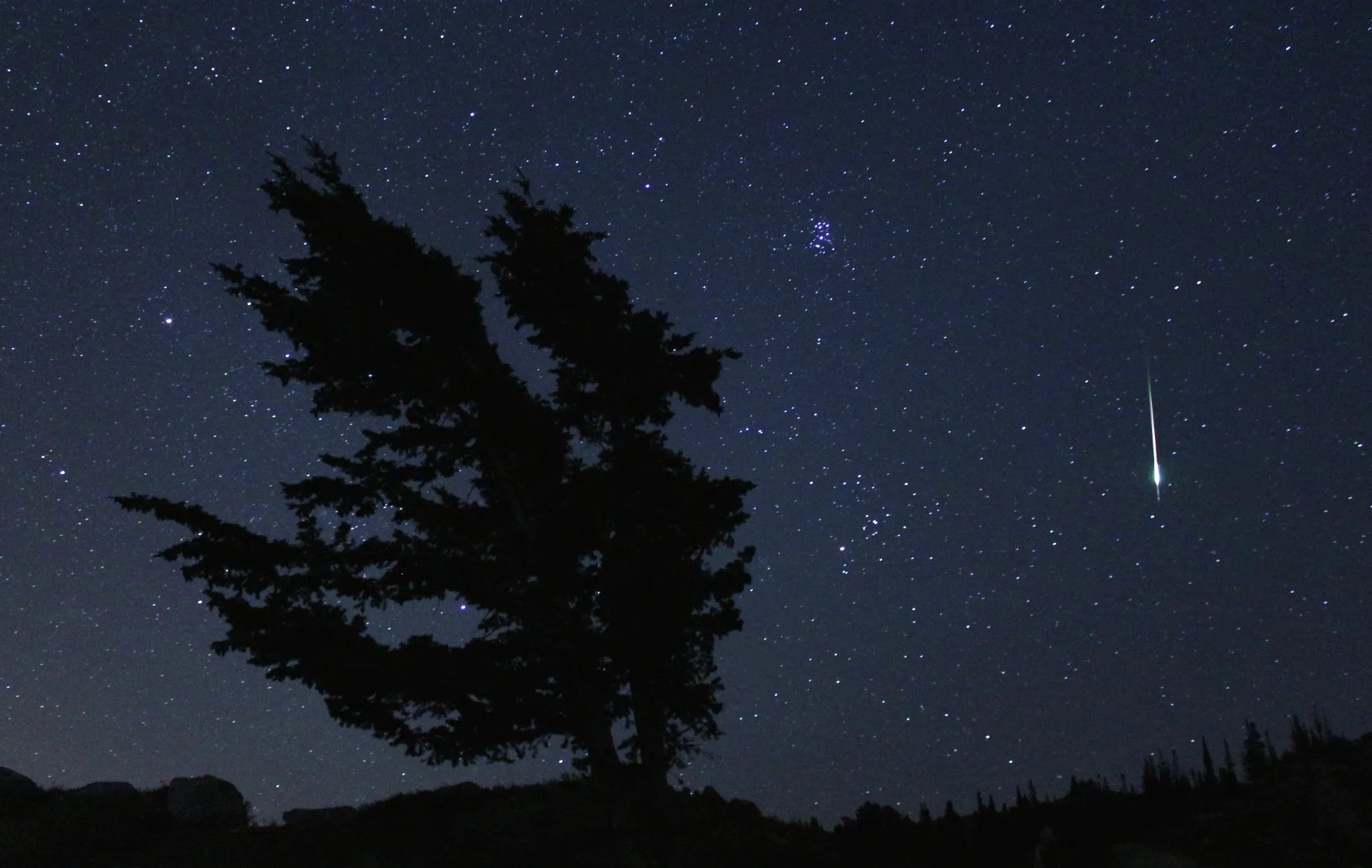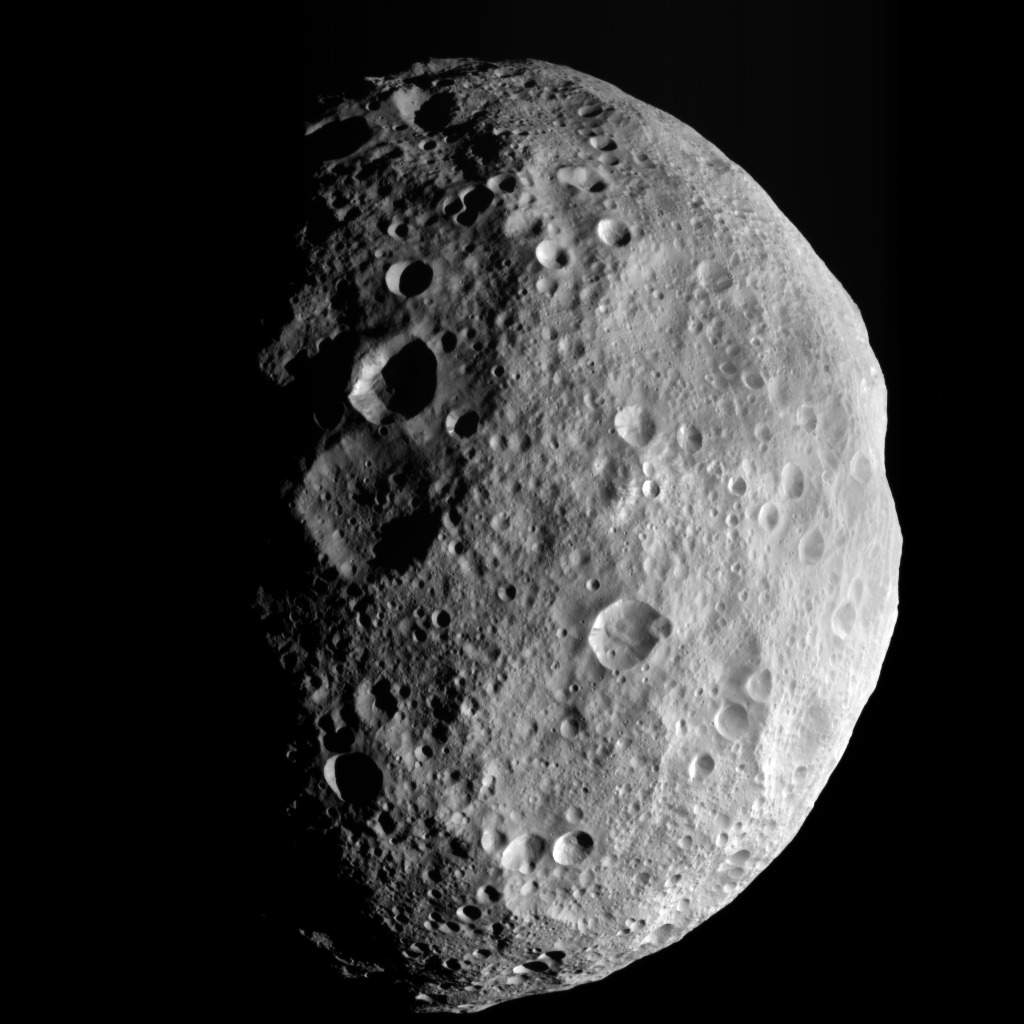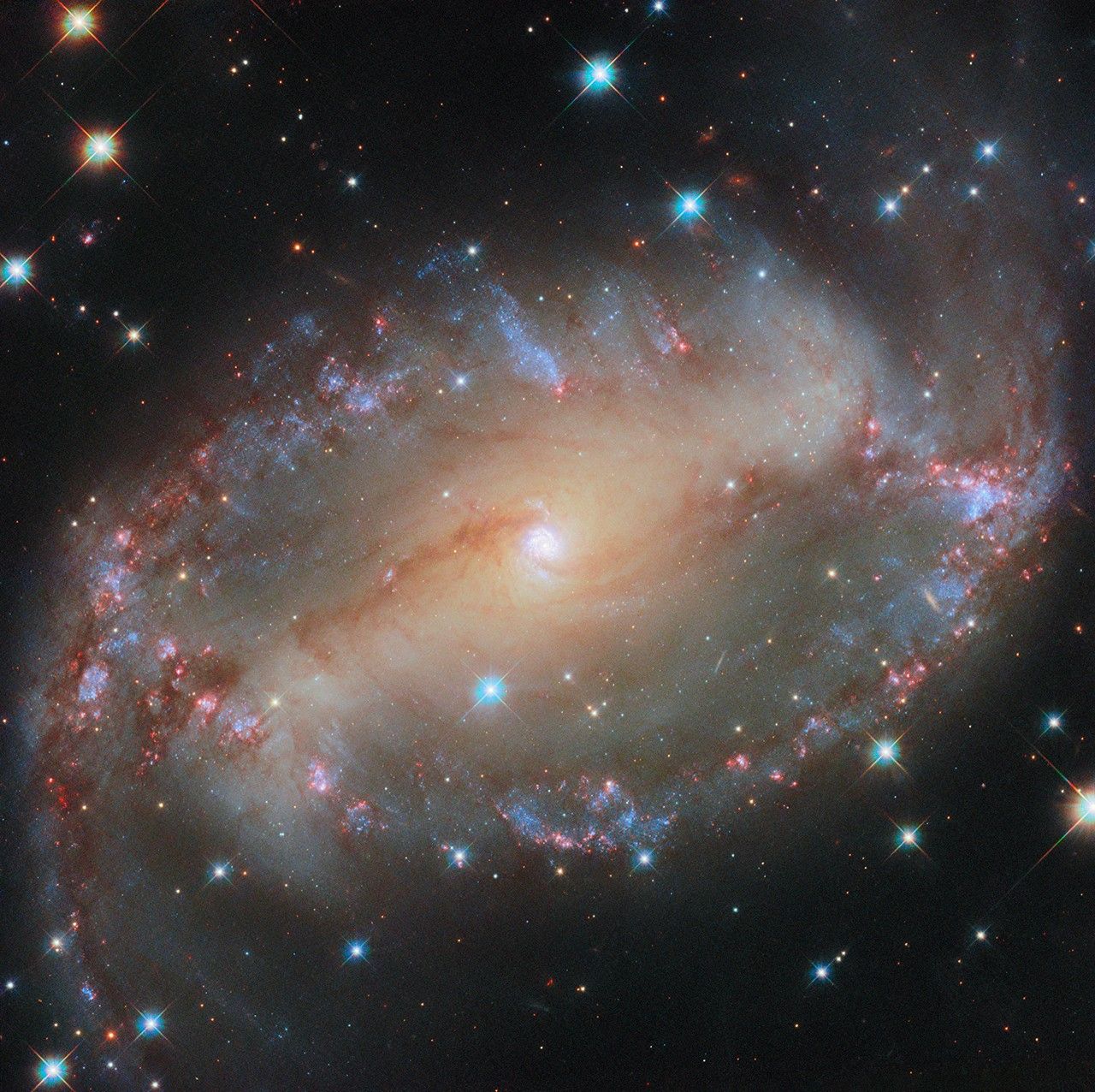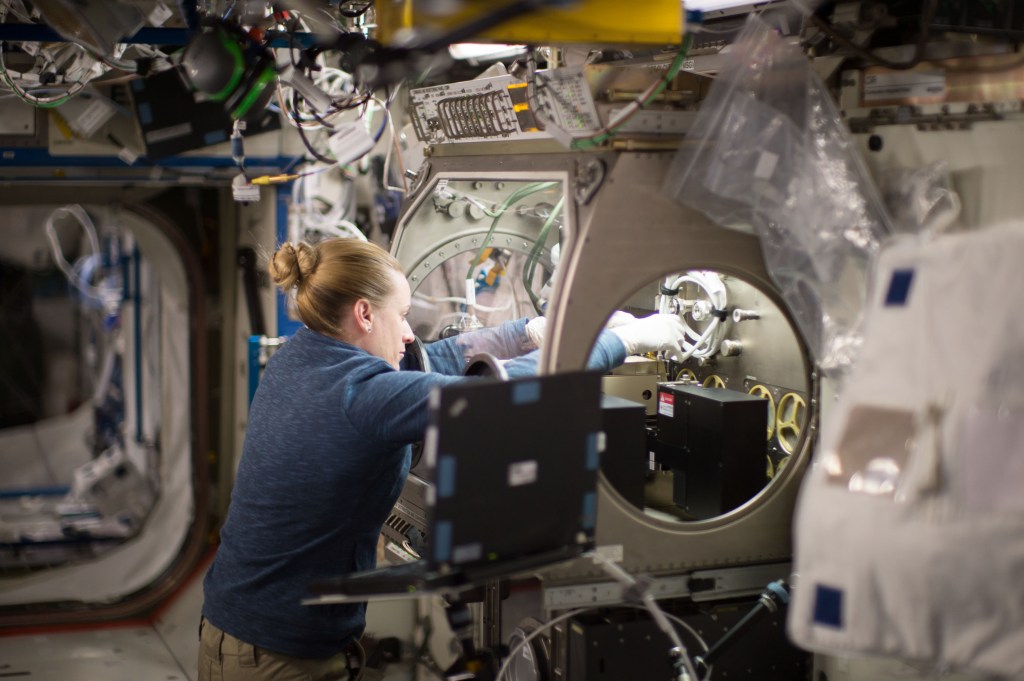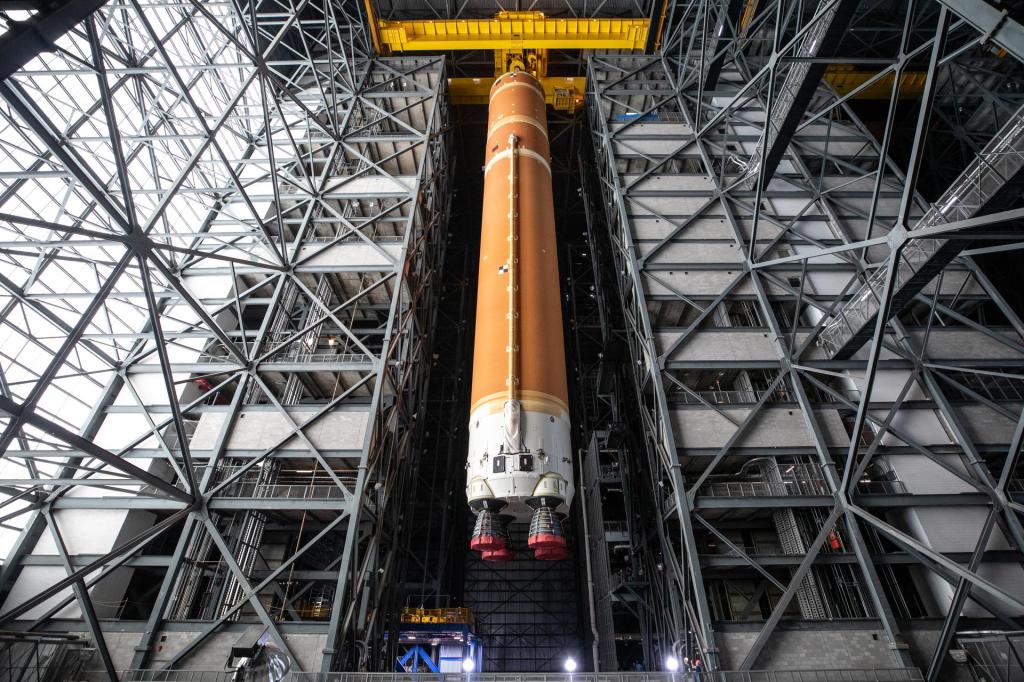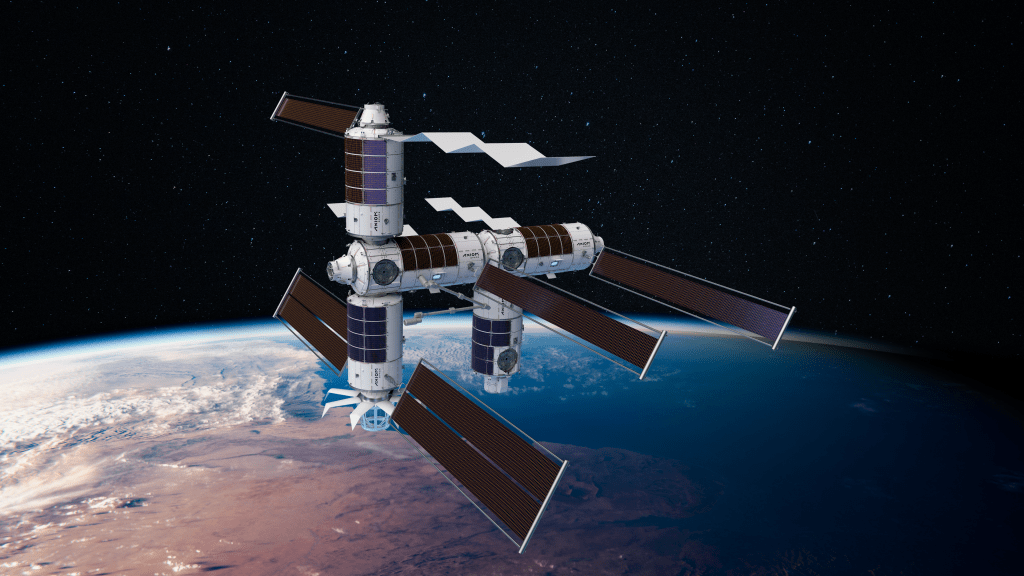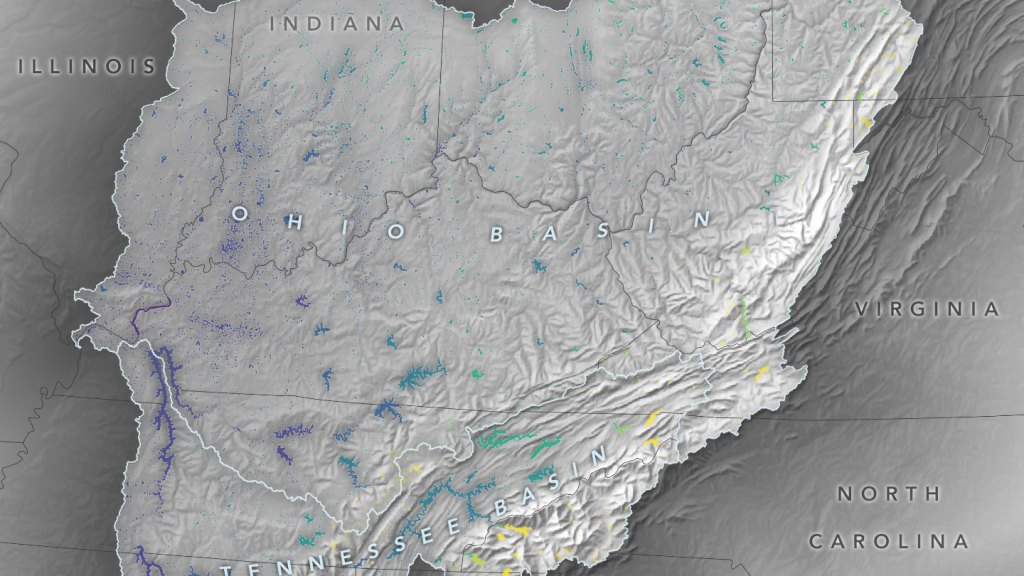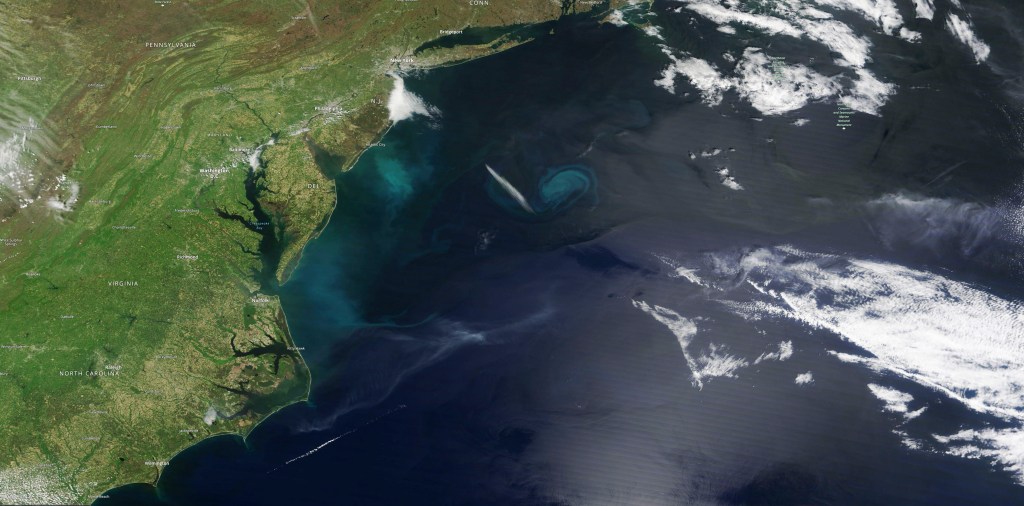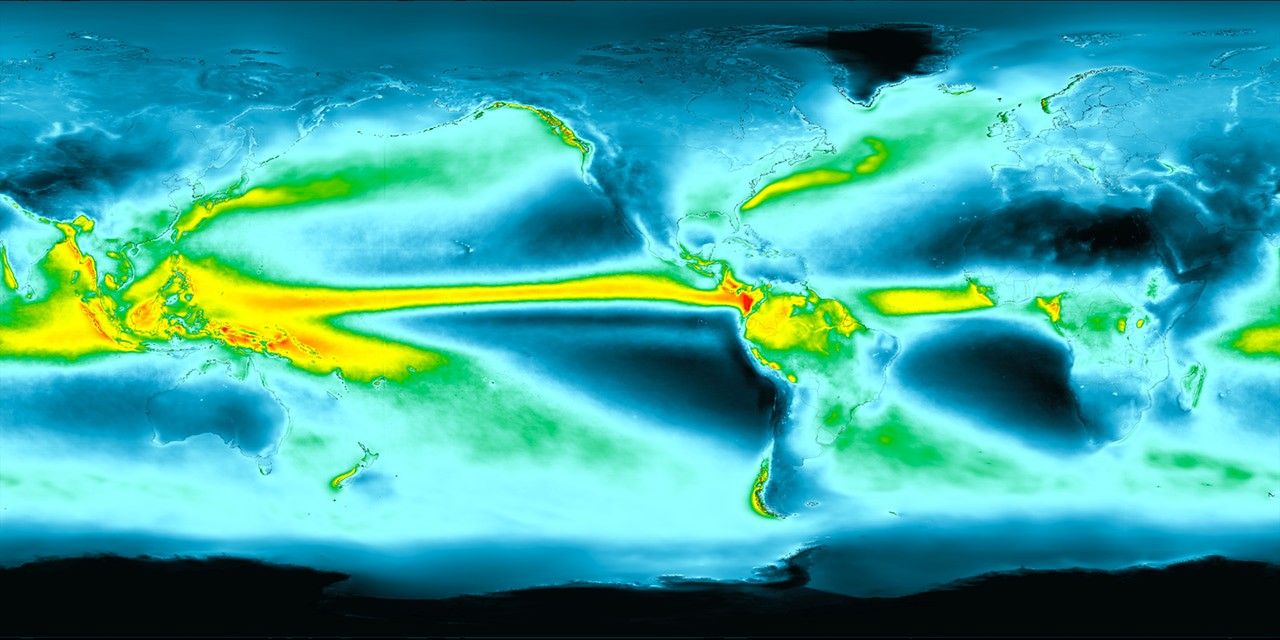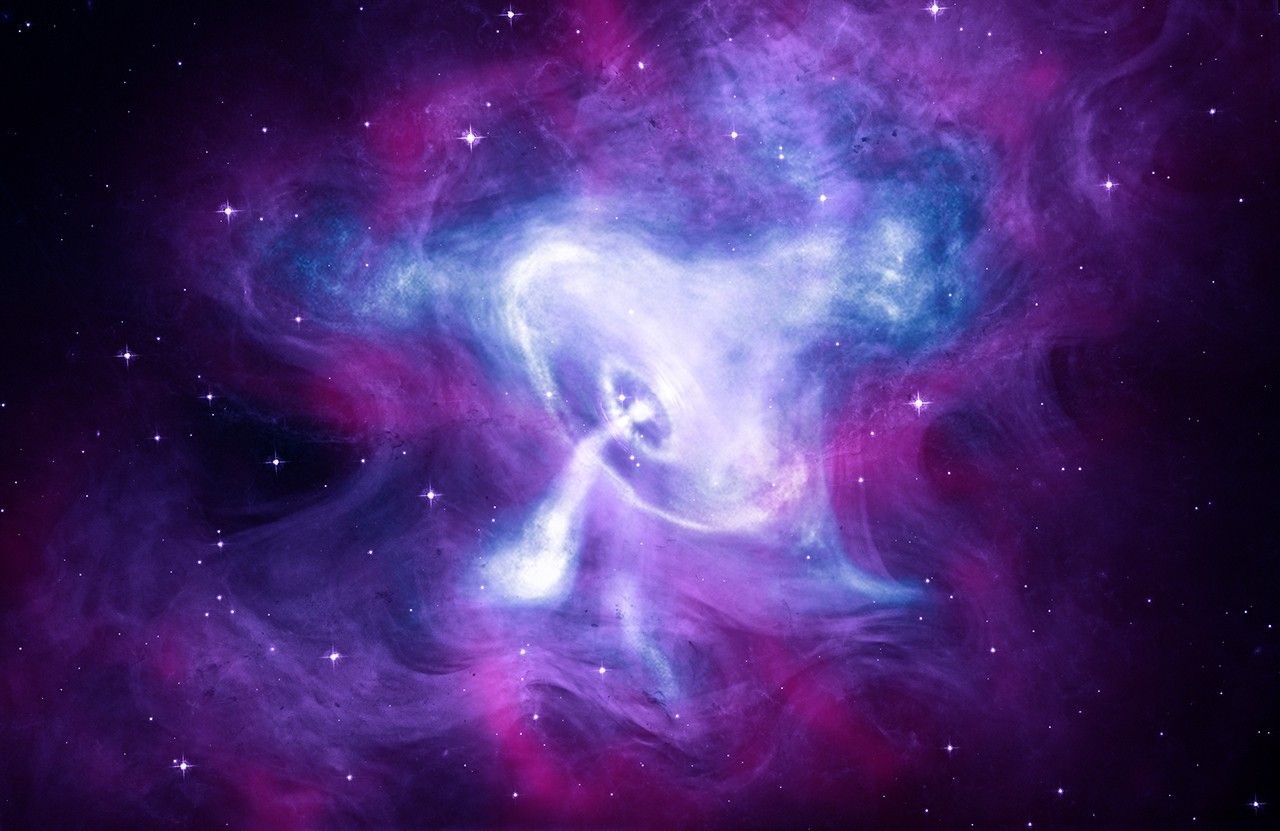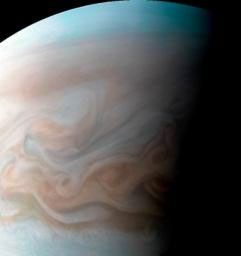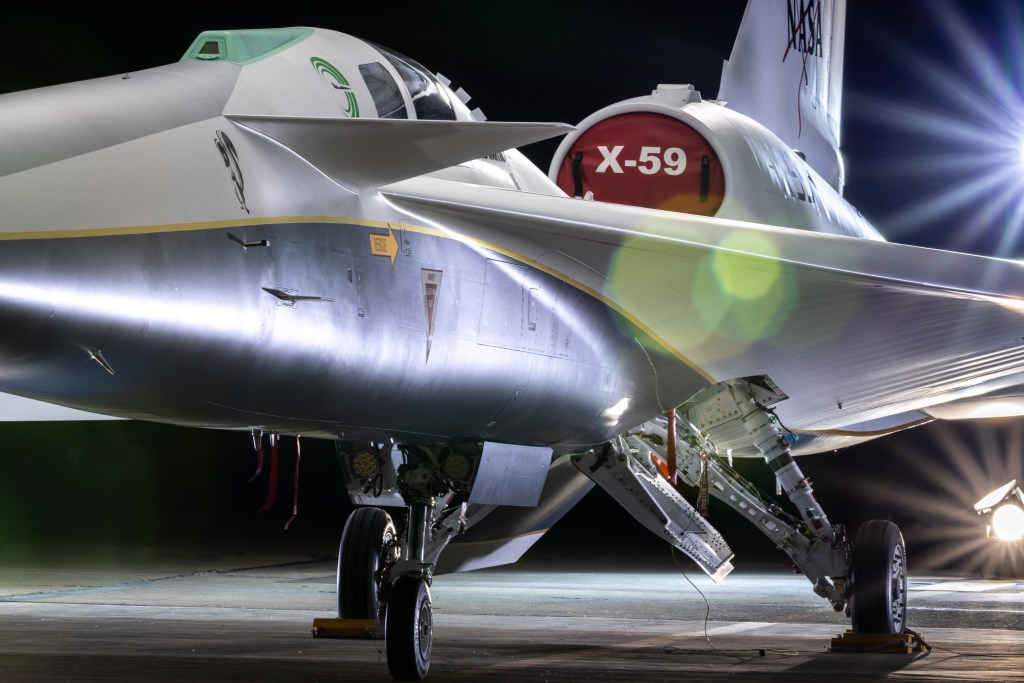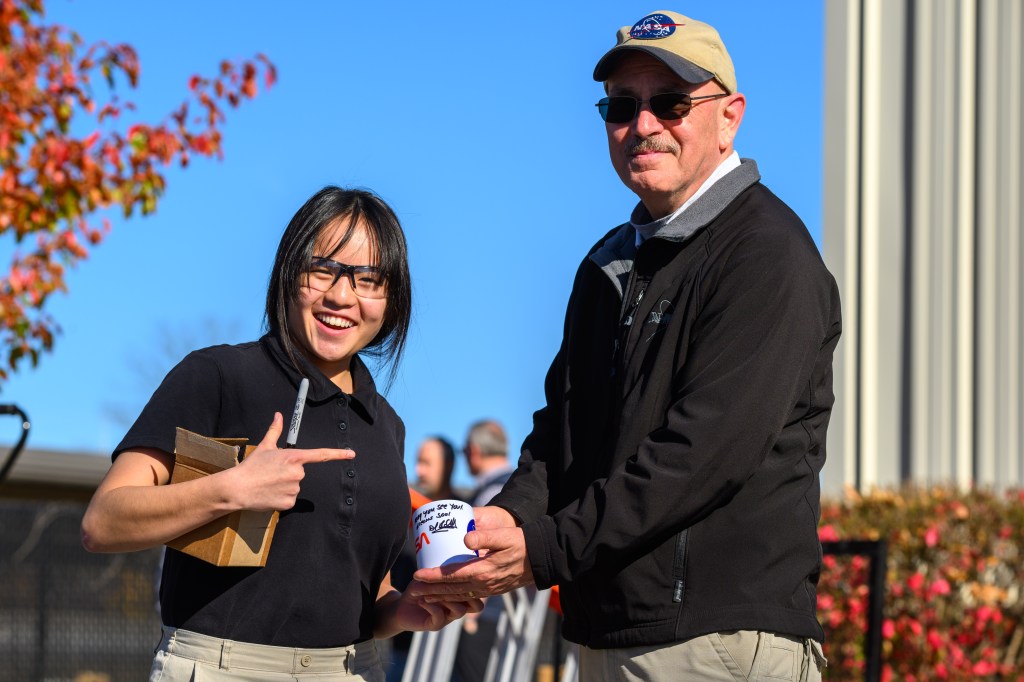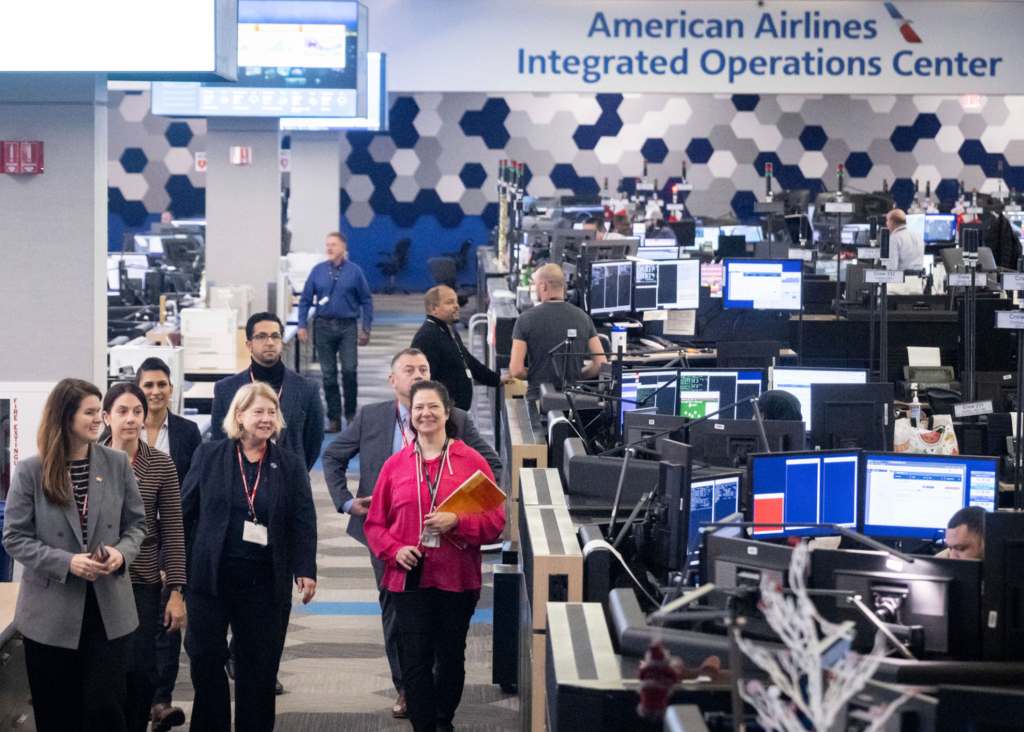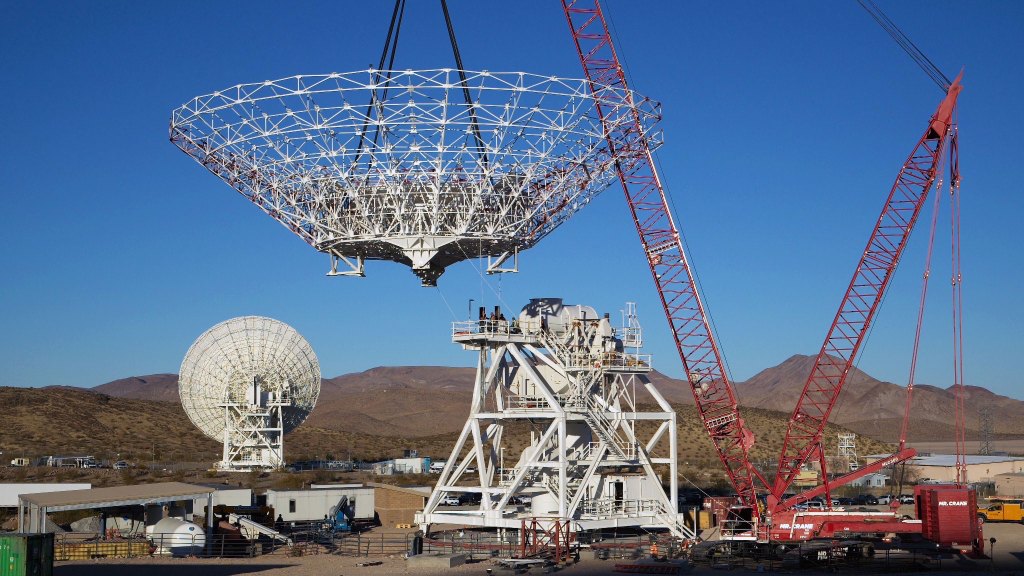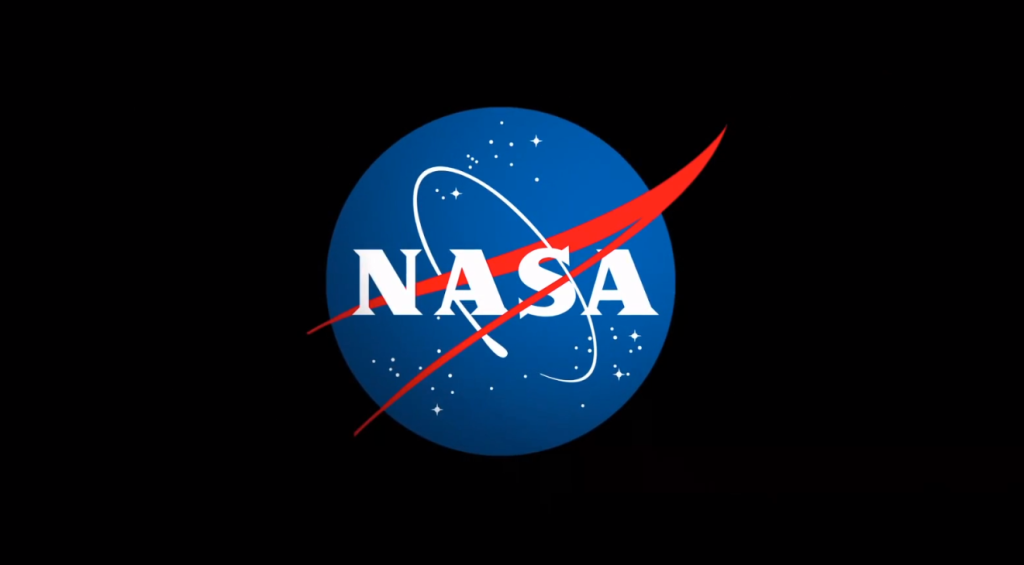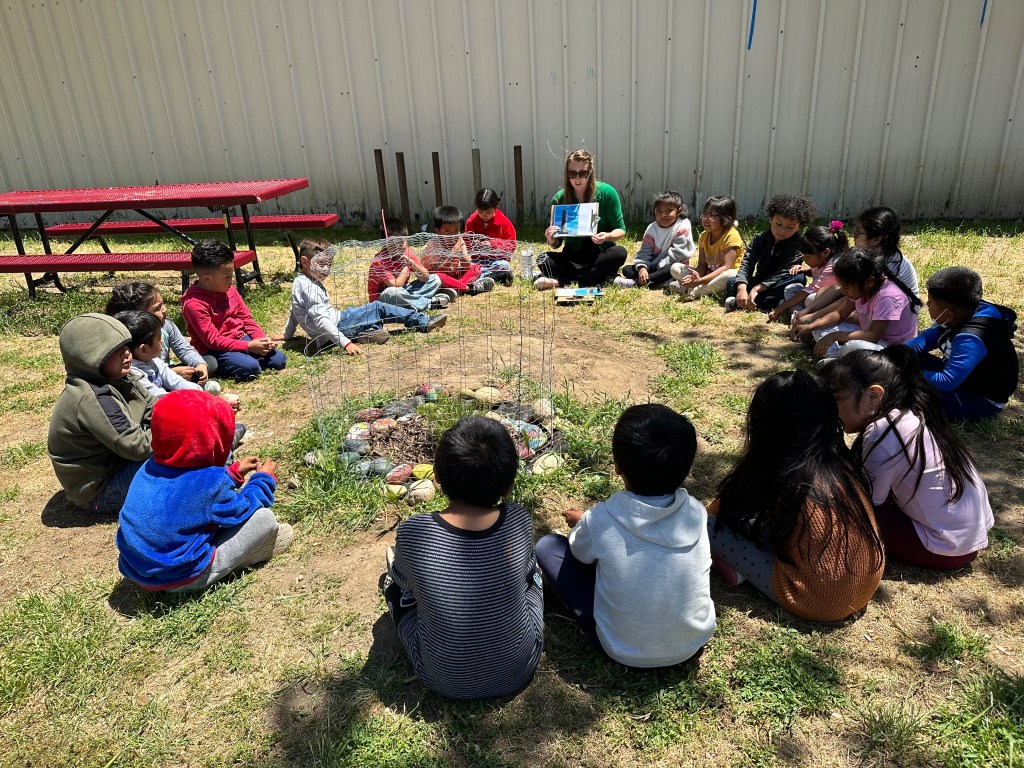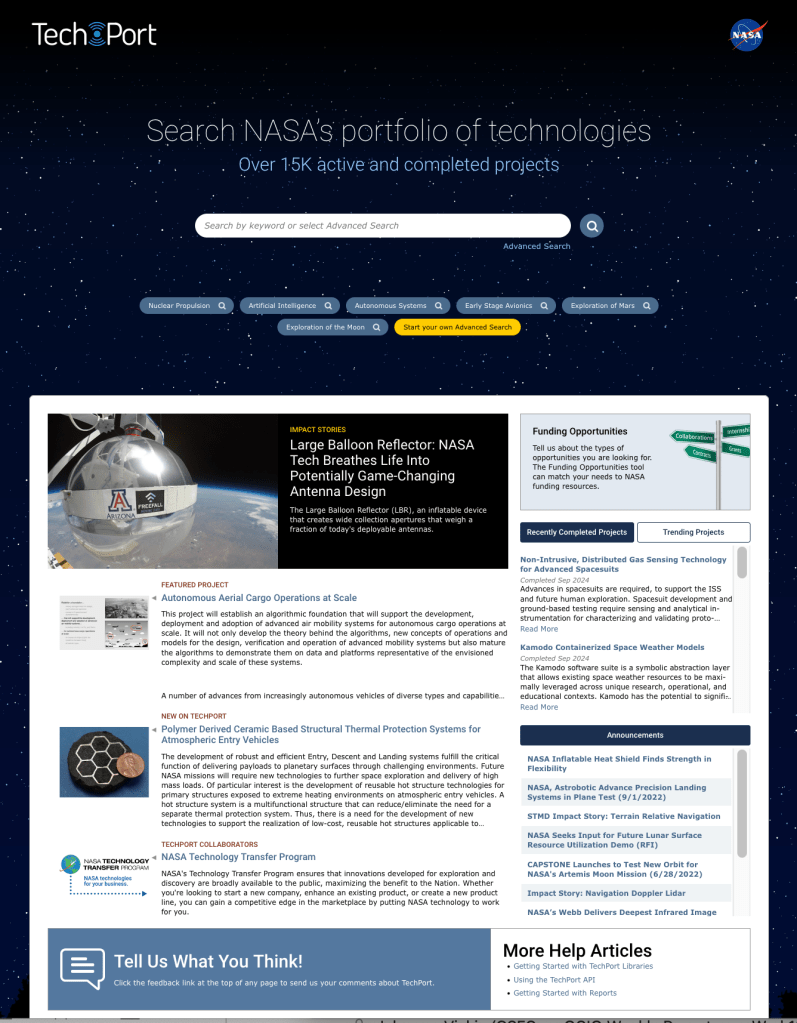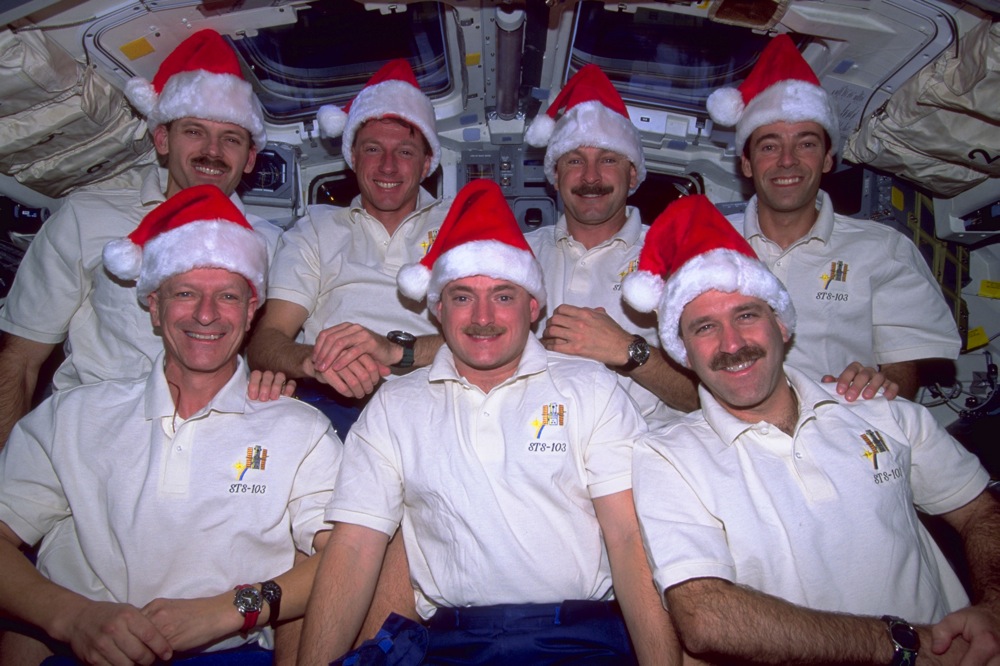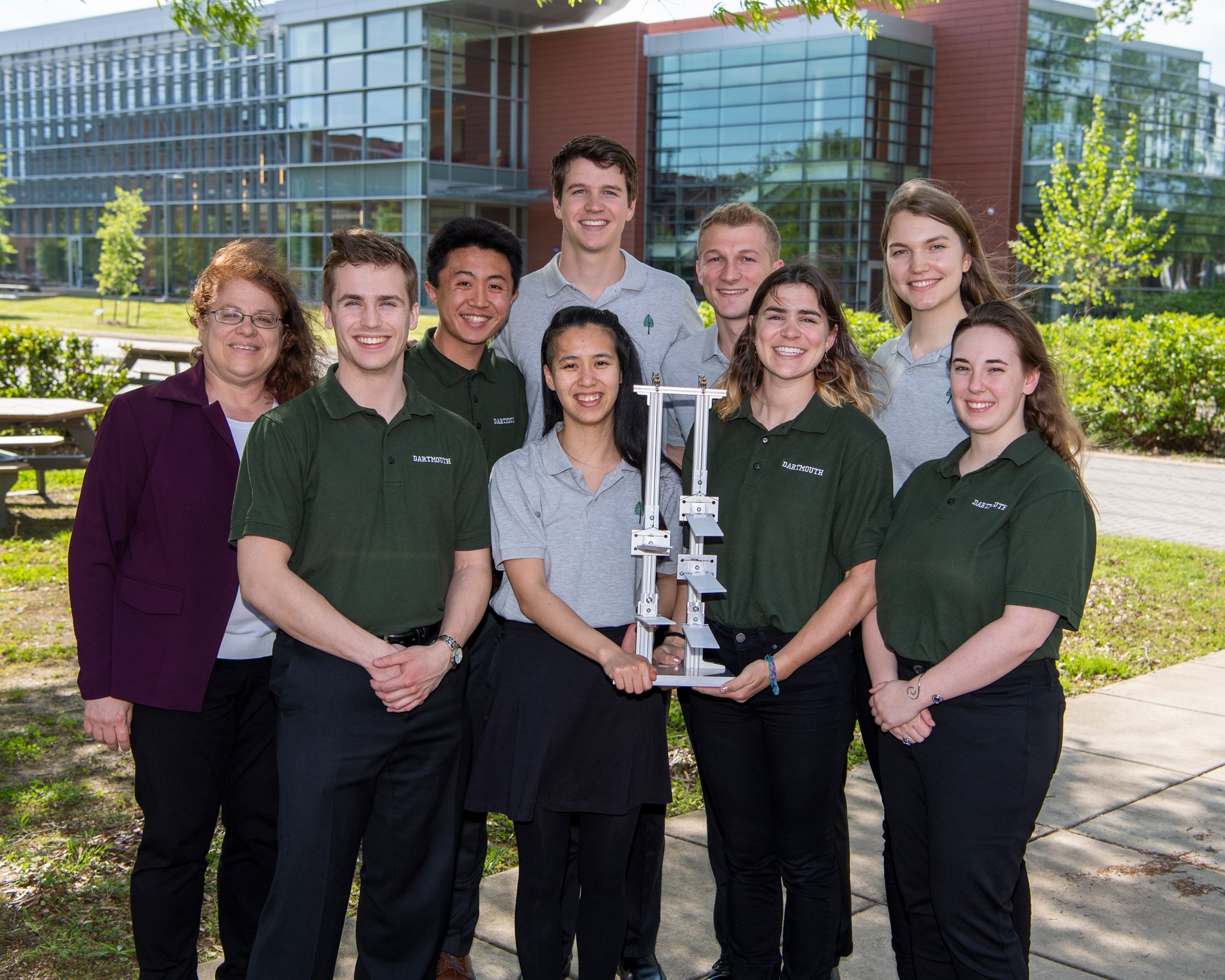
Dartmouth was announced the winning team of the fourth annual Breakthrough, Innovative and Game-changing (BIG) Idea Challenge April 24 at NASA’s Langley Research Center in Hampton, Virginia. Massachusetts Institute of Technology was awarded second place.
NASA’s BIG Idea Challenge engages universities in engineering design to develop space exploration concepts for the Moon to Mars mission. Earlier this year, five innovative designs for a human-scale Marsboreal greenhouse were selected to compete in the 2019 BIG Idea forum. Teams from Dartmouth College, Massachusetts Institute of Technology, University of California Davis, University of Colorado Boulder and the University of Michigan convened at Langley April 23 to present their greenhouse designs and prototypes. The ideas are derived from the Mars ice home designs, with potential aspects that could be demonstrated on the Moon.
The Dartmouth College team, from Thayer School of Engineering, developed a design they refer to as Deployable, Enclosed Martian Environment for Technology, Eating and Recreation (DEMETER). The concept featured a vertically integrated assembly of hydroponic growing trays and included a circular running track around the trays to offer a recreational outlet. The entire system was enclosed within an inflatable membrane with radiation shielding.
“The Dartmouth team used top-notch systems engineering throughout their design,” said Kevin Kempton, Game Changing Development (GCD) program element manager, and a 2019 BIG Idea Challenge judge. “It was all laid out in a very credible way. The design looked very effective for what it needed to do and they also had some nice potential for recreation. I thought it was well done, overall.”
The Dartmouth College team was led by advisors Dr. Benoit Cushman-Roisin, Dr. Laura Ray, Dr. John Collier and Dr. Lee Lynd.
The Massachusetts Institute of Technology team conceptualized a Biosphere Engineered Architecture for Viable Extraterrestrial Residence (BEAVER). Their plans included a spiral hydroponic design track in a multi-level facility featuring an enclosed waterfall intended for relaxation. The Massachusetts Institute of Technology team was led by advisors Dr. Jeffrey Hoffman, Dr. Sara Seager, Dr. Matt Silver, Dr. Vladimir Aerpetian, Dr. Velentina Sumini and George Lordos.
Students from the University of Colorado Boulder, Harvard University, Cornell University, and the University of Hawaii at Manoa, led by advisors Dr. Kyri Baker and Dr. Andy Kaufman, joined forces to present their concept titled Sustainable Integration of Regenerative Outer-space Nature and Agriculture (SIRONA), which received an award for the most innovative concept.
Supplying reliable and effective food production systems during an exploration mission reduces the logistics needed to provide food from Earth and promotes crew health on long-duration missions. Efficient greenhouse designs for Mars can also provide critical cross-cutting capabilities for use on the Moon.
The competition is a great opportunity for students to tackle real-time challenges facing future NASA space travel, according to the Game Changing Development (GCD) program.
“The BIG Idea strives to engage future engineers early in their academic careers to examine the challenges of this nations’ future space exploration missions,” said Drew Hope, GCD Program Manager.
The BIG Idea Challenge is sponsored by the Game Changing Development program within NASA’s Space Technology Mission Directorate and managed by the National Institute of Aerospace.
For more information about NASA’s Space Technology Mission Directorate, go to:
https://www.nasa.gov/spacetech
For more information about the 2019 Big Idea Challenge, please visit:

